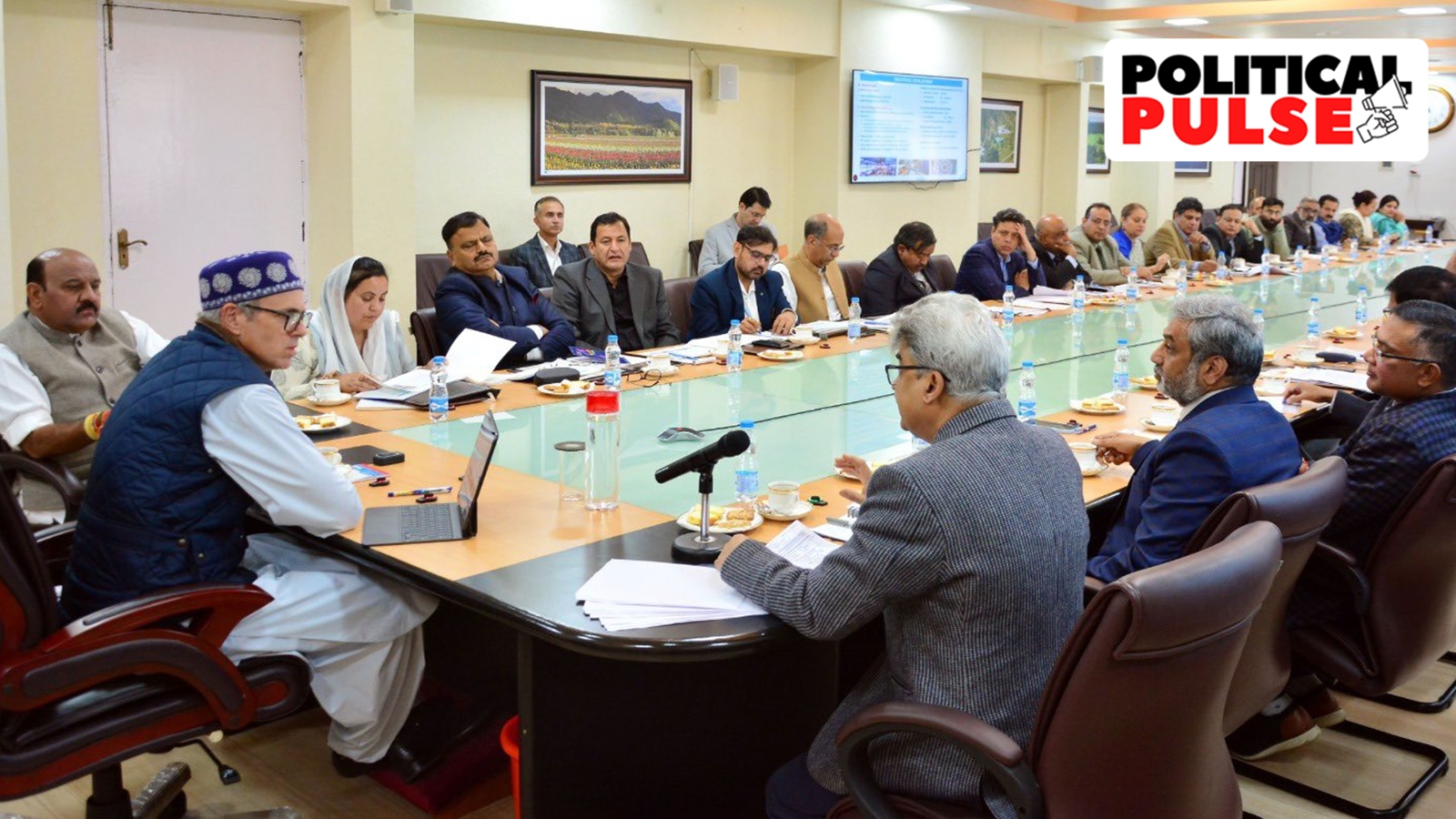 |
|
The newly formed Omar Abdullah-led government in Jammu and Kashmir has taken a bold step by unanimously adopting a resolution in its first cabinet meeting, seeking the restoration of statehood to the region. This move comes after the erstwhile state lost its special status in 2019 following the abrogation of Article 370, which subsequently led to its division into two Union Territories – Jammu and Kashmir and Ladakh. The resolution, passed by the cabinet under the chairmanship of Chief Minister Omar Abdullah, clearly indicates the government's stance on this contentious issue. It highlights the commitment made by Prime Minister Narendra Modi and Union Home Minister Amit Shah, during the Assembly elections, to restore statehood to Jammu and Kashmir post the elections. The resolution further emphasizes that restoring statehood is essential for the well-being of the people and for fulfilling the promise made by the central government. The new government has also made it clear that it aims to foster good and cordial relations with the Centre.
The cabinet's resolution on statehood will be formally submitted to the Prime Minister by Chief Minister Omar Abdullah during his upcoming visit to New Delhi. This move underscores the importance that the new government attaches to this issue. Notably, the restoration of statehood was a key promise made by the National Conference in its election manifesto, signifying its commitment to addressing the concerns of the people of Jammu and Kashmir. While the resolution has been passed by the cabinet, it remains subject to clearance from the Lieutenant Governor, as per the administrative structure of a Union Territory. The significance of the statehood issue is evident from the fact that it was listed as agenda number 1 in the minutes of the cabinet meeting sent to the Lieutenant Governor. The move has, however, been met with criticism from opposition parties, including the People's Democratic Party (PDP) and the People's Conference. PDP youth president and Pulwama MLA Waheed Para labelled the resolution as a ratification of the August 5, 2019 decision, highlighting the perceived discrepancy between the NC's promise of restoring Article 370 and the present resolution focusing on statehood alone. People's Conference chief Sajad Lone also questioned the cabinet's role in passing such a resolution, arguing that the Assembly, not the cabinet, reflects the true will of the people of Jammu and Kashmir.
In response to the criticisms regarding the NC's perceived shift in stance, sources within the party clarified that the resolution on statehood was brought first because it falls under the government's purview, while Article 370 is a legislative matter. Apart from the statehood issue, the cabinet also discussed the revival of the durbar move, another election promise made by the NC. The decision was made to prioritize the statehood issue and address the durbar move at a later stage. The meeting also focused on addressing governance challenges, with a focus on streamlining administrative functioning, promoting transparency, and redressing public grievances. Chief Minister Omar Abdullah has already implemented measures to dismantle the 'VIP culture' within the administration, instructing the Director General of Police to remove restrictions on vehicular traffic during the movement of his cavalcade or those of ministers. The cabinet meeting marks the first step taken by the new government to address key issues and implement its agenda. The resolution on statehood is likely to spark further discussions and political manoeuvring in the coming days, as the government navigates the complexities of the situation and attempts to fulfill its promises to the people of Jammu and Kashmir.
Source: In first meeting, J&K cabinet adopts statehood resolution; Omar Abdullah to meet PM Modi
